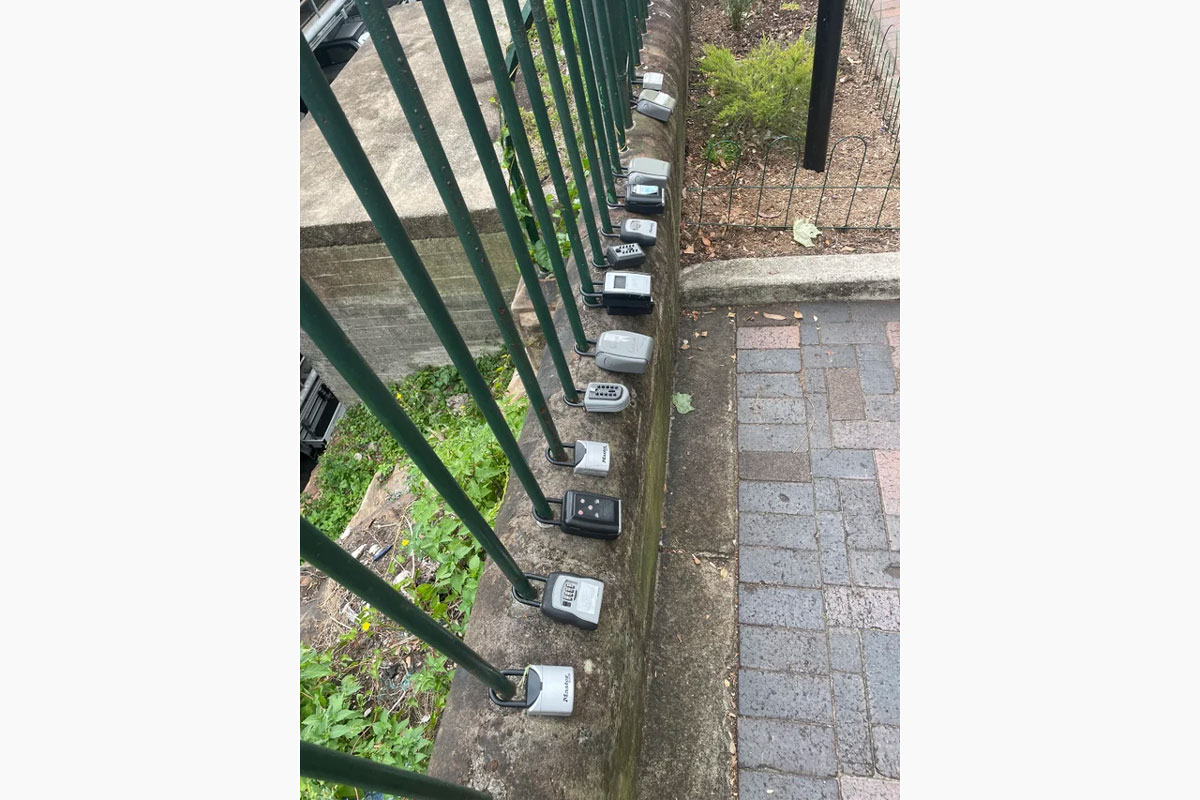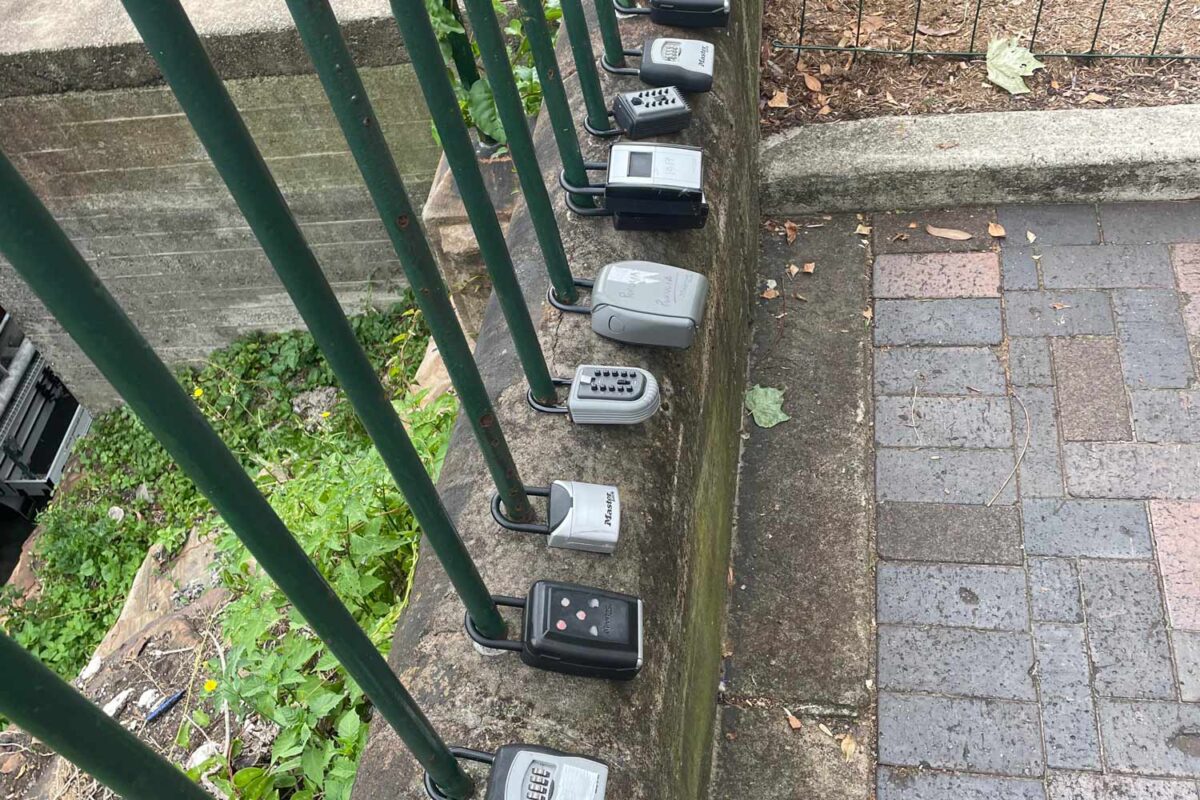Airbnb has been hanging around the Australian housing market like flies round s**t. Its premise of offering holidaymakers the chance to stay in unique places, away from inner-city hotels has been lapped up to the tune of hundreds of thousands of stays around the country. But when will we say “enough is enough?”
Despite calls for holidaygoers and staycationers to return to hotels (after people started getting sick of having to clean up after themselves), Airbnb’s psychological hold over the Instagram generation – “guys, look at how AMAZING my Airbnb is!” – continues to make the property rental service prolifically popular. This is true for both holidaymakers and property owners, the latter knowing they can make a quick buck for their place – even if said place is absolute garbage.
For the housing market, however, there has been a constant battle, as many Airbnbs aren’t always booked out, so remain vacant for much of the year. This of course was especially true during the global pandemic.
And with rental prices constantly on the up, partly due to lack of supply, it’s no wonder wannabe tenants and current tenants in apartment blocks that have been turned into Airbnb hotels, are getting royally p****d off.
Case in point, this photo posted to the r/Australia thread on Reddit.

Taken by user ‘kbugs’, it shows 13 key safe combination locks attached to a fence panel outside of an apartment block. The original poster says each safe holds a key to an Airbnb apartment in their building, adding, “It’s a supply issue they say! Airbnb’s in 1 inner city apartment block – 30% of the building.”
The top comment on the post reads, “Maybe instead of all the locks they should pool their resources and hire a receptionist. Could also share cleaners for efficiency. Maybe even do a complimentary breakfast. Give the building a name by which people recognise it for its excellent service.”
Another user quite rightfully responds with, “Hotels are an insane thought…”
But, other users have taken the image more seriously, and are quick to chime in with their similar experiences, “My entire floor except for us in our apartment building is AirBnBs. Kind of defeats the purpose of living in and paying for a secure apartment building with a concierge when there’s new people in and out every week. Noisy f***s too!” says one.
Another, meanwhile, puts forward a suggestion that could kibosh Airbnb’s stronghold, “AirBNBs (that aren’t owner lived in) should be charged the same amount of local council rates as a hotel and should have to pay the same taxes as a hotel because basically they are a hotel. I bet people who own them will then find it’s no longer worth it and put the properties back on the rental market.”
Airbnb itself says it is committed to supporting statewide registration schemes (which currently only exist in New South Wales and Tasmania, in Australia) where were introduced in November 2021. The new scheme requires any host of short-term rental accomodation (STRA) to register their property with their state government.
Once registered, owners of STRA must also abide by a Code of Conduct, which in NSW, means they are liable for any anti-social guests that use their property. NSW Fair Trading says “there can be amenity impacts on residential neighbours resulting from inconsiderate or anti-social behaviour by some short-term rental occupants. It is important to ensure that our laws continue to support local economies while ensuring residential neighbours can enjoy the amenity of their homes without unreasonable disturbance.”
“This code of conduct responds to this need by establishing behavioural obligations for short-term rental accommodation participants.”
Airbnb also understands and admits there is a housing issue in Australia, and adds it is fully onboard with helping to find solutions.
“Housing affordability is a challenging and complicated issue. The causes differ from place to place, with legacy factors – which often pre-date the founding of Airbnb by decades – ranging from the supply of new homes, the ratio of public housing, the number of empty dwellings and rooms, interest rates and broader economic conditions.”
“However, as a company with housing affordability and cost of living needs in our roots and origins, we want to play our part in proposing meaningful solutions that can help tackle these problems and help make a positive contribution to this important issue.”
The company doesn’t exactly say what those meaningful solutions are, or could be, but it does highlight the fact more and more people are turning to hosting their property or properties to help ease their personal financial burden brought on by the cost of living crisis.
Indeed, Australia, along with many other countries, is experiencing a housing crisis. At least, the rental market is wild anyway. The property sales market saw a surge in pricing in 2020 and 2021, largely due to the falling interest rates, which encouraged more home buyers to borrow. With the demand for housing increasing, so did the prices.
But as Forbes says, “in recent months, property prices have begun to fall, dramatically in the case of some markets,” meaning it could soon be a good time to think about buying. But, for those wanting to move out of rental accommodation and into their own home, chances are they won’t be able to afford to anytime soon, because of the increase in weekly rent.
As 9News says “rental stock [has] hit its lowest level in almost two decades,” according to a recent PropTrack report, “as rents continue to soar because of high demand which is predicted to escalate further.”
One of the reasons for the low level of rental stock? Those pesky Airbnbs, sandwiched between an influx of foreign workers and international students who have been gagging to get into Australia since travel restrictions were imposed due to the spicy cough.
Unfortunately, however, this influx isn’t likely to slow anytime soon, so perhaps the only thing Australians can do to boot Airbnb out of the country is to fall in love with hotels all over again.
Read Next
